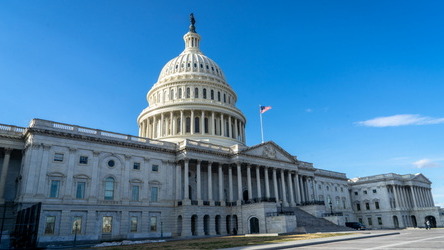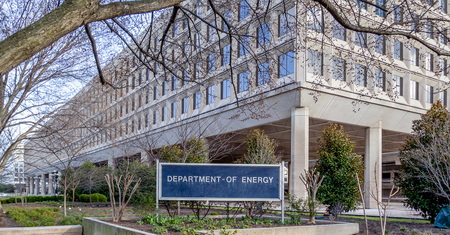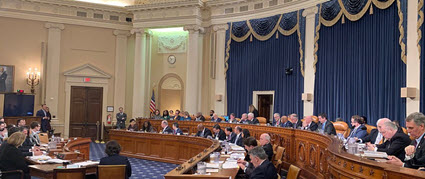
As discussions continue between the House, Senate, and Administration on how to move forward with a tax and fiscal package, The Real Estate Roundtable (RER) and sixteen other national real estate organizations wrote to members of the House Ways and Means and Senate Finance Committees urging them to oppose any proposal that would cap or eliminate the deductibility of state and local business property taxes. (Letter)
A cap on property tax deductibility could have devastating consequences for commercial real estate owners, developers, and investors nationwide.
Why It Matters
- Republican lawmakers intend to enact a major tax and fiscal package this year, and they are under pressure to identify additional revenue offsets to finance a growing list of priorities. Ways and Means Committee Republican Members have scheduled all-day, closed-door meetings next week to discuss the details of their tax plan.
- Some lawmakers have raised “Business SALT” and potential restrictions on the deductibility of state and local property and income taxes as a possible revenue offset for the tax bill (Roundtable Weekly, Feb. 28)
- Eliminating the business deduction for property taxes would be the equivalent of raising business owners’ property tax bills by roughly 40 percent, causing employers to owe federal tax on money that they do not have.
- “Business taxes are fundamentally different from state and local individual income taxes. State and local business taxes are an unavoidable expense, an inescapable cost of doing business,” said Real Estate Roundtable President and CEO Jeffrey DeBoer. (Roundtable Weekly, Feb. 21)
- DeBoer’s comments were echoed this week in analyses from the Tax Foundation and former Congressional Budget Office Director Douglas Holtz-Eakin. (Tax Foundation, March 3; American Action Forum, March 6).
- “Firms deduct the costs of generating income—wages, rents, capital costs, etc.—and CSALT is the recognition of those costs. Fully deducting those taxes is … necessary to correctly tax firms. Capping CSALT is professional malpractice,” said Holtz-Eakin.
Effects on CRE and the Broader Economy

- The ripple effects of this proposal would extend far beyond property owners to impact the broader economy and housing affordability nationwide.
- U.S. commercial real estate is valued at $18-$22 trillion, supporting 15 million jobs and generating $2.3 trillion in GDP annually.
- This tax change could reverse the benefits of the 2017 Tax Cuts and Jobs Act (TCJA) and Section 199A, potentially raising effective tax rates to 1970s-era levels near 50%.
- “A cap on the deductibility of property taxes paid by businesses, “would cause self-inflicted injury to the U.S. economy, including unnecessary job losses, higher rents for families and individuals, and other inflationary pressures,” DeBoer said this week. “It would lower commercial property values and create new stresses in the banking system. It is a recipe for a recession.”
- Additionally, the increased tax burdens could discourage new investment, deter housing development, and exacerbate the national housing crisis.
Call to Action

- RER urges members to amplify this message to their representatives in Congress.
- Given that U.S. businesses paid $1.1 trillion in state and local business-related taxes in 2023 (including nearly $400 billion in property taxes), the stakes are extremely high.
Next Steps
- House and Senate Republicans remain divided on several key issues as they work to prevent a March 14 government shutdown and agree on the parameters of a larger tax and fiscal reconciliation bill. (USA Today, March 7)
The impasse centers on whether to pursue one big bill or a two-bill strategy, the size of spending reductions, how to deal with the debt ceiling, and the budget baseline that will determine the need for offsetting tax increases. The impasse could push resolution of the tax issues into the second half of the year.

















